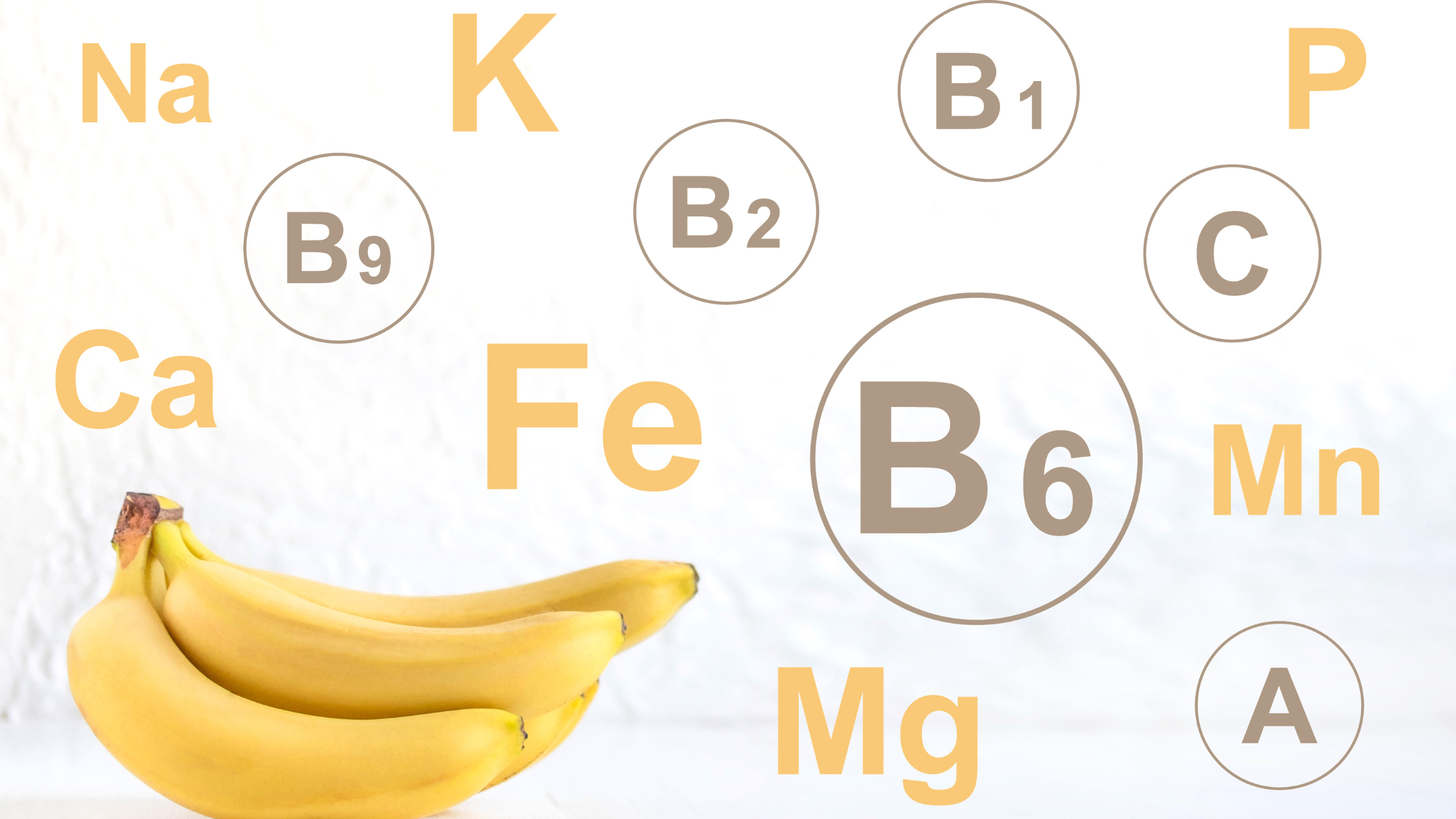
Are Dietary Supplements Natural?
With growing interest in holistic wellness, many people assume that dietary supplements are natural and, therefore, safe. But what does “natural” really mean when it comes to vitamins, minerals, herbs, and other ingredients lining store shelves?
The truth is more complex. While some supplements are derived from whole foods or botanicals, others are made synthetically or partially processed. That doesn’t necessarily make them unsafe—but it does mean consumers should look beyond marketing language and understand what they’re putting into their bodies.
This guide breaks down how dietary supplements are made, what "natural" actually means on a label, how these products are regulated, and what to consider when choosing the right supplement for your health needs.
Table of Contents
- What Are Dietary Supplements?
- Are Supplements Really Natural?
- Understanding Supplement Labels and Terms
- How the FDA Regulates Dietary Supplements
- Tips for Choosing and Using Supplements Safely
- Frequently Asked Questions
- Conclusion and Key Takeaways
- References
1. What Are Dietary Supplements?
Dietary supplements are products designed to add nutrients or other substances to the diet. They can include vitamins, minerals, amino acids, fatty acids, herbs, enzymes, probiotics, or botanical extracts. Supplements are available in many forms, including capsules, tablets, softgels, powders, liquids, and gummies.
Unlike conventional foods, supplements are not meant to provide calories or satisfy hunger. Instead, they are intended to help support the body’s structure or function—such as energy metabolism, digestive comfort, or immune resilience—particularly when dietary intake is insufficient or additional support is needed.
Some common examples of dietary supplements include:
- Vitamin D to help support bone mineral density
- Omega-3 fatty acids from fish oil to help support cardiovascular health
- Magnesium for muscle function and relaxation
- Probiotics to help support digestive balance
- Herbal blends like ashwagandha or turmeric for adaptogenic support
It’s important to note that supplements are not intended to treat, prevent, or cure diseases. If a product makes those claims, it may be considered a drug under FDA regulations and subject to stricter approval requirements.
2. Are Supplements Really Natural?
The word “natural” is often used in marketing to imply purity, safety, or plant-based origins—but when it comes to dietary supplements, the definition isn’t always clear-cut. The FDA does not have a formal definition for “natural” in the context of dietary supplements. This means that a product labeled as “natural” may contain a mix of plant-based, animal-derived, and synthetic ingredients.
Some supplement ingredients are extracted directly from food or botanicals using minimal processing. For example, vitamin C can be derived from acerola cherry or camu camu. However, it’s also commonly produced synthetically from glucose fermentation. Both forms can help support antioxidant activity—but only one may be labeled as “natural.”
Other ingredients are synthesized in labs to match the chemical structure found in nature. These are often called “nature-identical.” For example, vitamin D3 (cholecalciferol) used in supplements may come from lanolin (a substance found in sheep’s wool), but can also be created through ultraviolet irradiation of certain sterols. Both forms are considered safe and effective, but neither is technically from a “whole food” source.
Even herbs labeled as “natural” may be highly processed. Extracts like turmeric or ginseng are often standardized to contain a certain percentage of active compounds. This means parts of the plant are removed or concentrated to deliver consistent dosing—making the final product far removed from its original, raw state.
Bottom line: just because a supplement is labeled “natural” doesn’t mean it’s untouched, unprocessed, or guaranteed to be gentle. It also doesn’t mean it’s more effective or better absorbed than a synthetic counterpart. The real focus should be on quality, testing, and transparency—not marketing claims.
3. Understanding Supplement Labels and Terms
Reading a supplement label isn’t always straightforward. Terms like “natural,” “plant-based,” “whole food-derived,” or “pharmaceutical grade” often appear, but they don’t always mean what you think. Since the term “natural” is not strictly regulated, understanding how to evaluate product transparency is key to making informed choices.
Supplement Facts Panel: Every dietary supplement must display a Supplement Facts label. This includes serving size, number of servings per container, and the amount of each active ingredient. Pay attention to:
- Nutrient form: For example, “magnesium citrate” vs. “magnesium oxide”—different forms may offer different absorption levels.
- Source description: Ingredients may list their source (e.g., “vitamin C from acerola cherry” vs. “ascorbic acid”). This helps determine whether the nutrient is food-derived or synthetic.
- Other ingredients: Inactive components like fillers, binders, or artificial sweeteners should also be reviewed, especially for those with sensitivities or dietary preferences.
“Natural” or “Organic” Claims: These terms may suggest a product is less processed, but unless the supplement is USDA Organic certified, the claim is mostly marketing-based. Always look for third-party verifications, like organic seals, Non-GMO Project certification, or NSF/USP testing logos to support label claims.
Proprietary blends: These are combinations of ingredients listed under one total weight, without specifying individual amounts. While not inherently unsafe, they reduce transparency and make it difficult to evaluate whether dosages are meaningful or clinically relevant.
Structure/function claims: Claims like “supports bone health” or “helps maintain energy” are allowed under DSHEA, but they must be truthful and not misleading. If a supplement claims to “treat,” “prevent,” or “cure” a disease, it crosses into drug territory and should be avoided.
Ultimately, label literacy empowers smarter decision-making. The best supplements are those that disclose sources, use well-researched forms, and prioritize third-party testing over hype-driven wording.
4. How the FDA Regulates Dietary Supplements
Many people are surprised to learn that dietary supplements are regulated differently than prescription or over-the-counter drugs. Under the Dietary Supplement Health and Education Act of 1994 (DSHEA), the U.S. Food and Drug Administration (FDA) oversees supplements, but its role is primarily focused on post-market enforcement.
Pre-market approval is not required. Unlike medications, supplement manufacturers are not required to obtain FDA approval before selling their products. They are responsible for ensuring safety, accurate labeling, and compliance with existing laws.
Labeling and marketing claims are monitored. Supplement labels must include a Supplement Facts panel and cannot contain unverified claims such as “treats arthritis” or “cures insomnia.” The FDA routinely monitors product labels, websites, and advertisements to identify violations. Companies found making disease-related claims may face enforcement action.
The FDA monitors safety after products reach the market. If a supplement is linked to serious side effects (also called “adverse events”), the FDA can investigate and take action, such as issuing a warning letter, requesting a recall, or removing the product from the market entirely. Supplement firms are required to report serious adverse events to the FDA within 15 days of receiving a complaint.
Manufacturing practices are regulated. The FDA has established Good Manufacturing Practices (GMPs) that supplement companies must follow. These standards help ensure the identity, purity, strength, and composition of dietary supplements, although enforcement can vary depending on inspections and reporting.
Third-party testing is voluntary—but encouraged. Since the FDA does not test or certify supplements before sale, many reputable brands voluntarily submit their products to independent testing organizations like NSF International, United States Pharmacopeia (USP), or ConsumerLab. These certifications add trust and verify product quality and label accuracy.
Understanding how supplements are regulated empowers consumers to shop more critically. While the FDA plays an important safety role, the ultimate responsibility for choosing high-quality supplements falls on the manufacturer—and the consumer.
5. Tips for Choosing and Using Supplements Safely
Whether you're new to supplements or have used them for years, making informed decisions is key to supporting your health without unnecessary risk. Here are essential tips to help you choose and use dietary supplements safely and effectively:
1. Talk to a healthcare professional. Before starting any new supplement, consult with a doctor, pharmacist, or registered dietitian—especially if you are pregnant, nursing, taking medications, or managing a health condition. They can help determine whether a supplement may be helpful or potentially harmful based on your needs.
2. Avoid products with exaggerated claims. Be cautious of supplements that promise to “cure,” “treat,” or “prevent” disease. These claims are not legally permitted for dietary supplements and often signal misleading or unverified marketing.
3. Look for third-party testing. Choose brands that undergo independent testing by groups like USP, NSF, or ConsumerLab. These certifications help confirm that a product contains what it claims—and is free from contaminants or undeclared ingredients.
4. Read the label carefully. Review the Supplement Facts panel for active ingredients, dosage, and nutrient sources. Be aware of “other ingredients,” including sweeteners, binders, or artificial colors, especially if you have allergies or dietary restrictions.
5. Use as directed. Do not exceed recommended dosages unless instructed by a health professional. Some nutrients—like fat-soluble vitamins and iron—can build up in the body and cause side effects if taken in excess over time.
6. Watch for interactions. Some supplements may interact with medications or affect lab tests. For example, vitamin K may affect blood-thinning medications, while biotin can interfere with certain hormone or heart-related test results.
7. Report any side effects. If you experience an adverse reaction while taking a supplement, stop use immediately and contact your healthcare provider. You can also report side effects to the FDA to help protect other consumers.
When used wisely, supplements can support nutritional needs and help maintain wellness. But like any health product, they require thoughtful use and ongoing evaluation to ensure they’re helping—not hindering—your goals.
6. Conclusion and Key Takeaways
The word “natural” can be comforting, but when it comes to dietary supplements, it's not always a guarantee of purity or safety. Some ingredients are derived directly from whole foods or plants, while others are synthesized to mirror nature—or refined into concentrated extracts. Both can play a role in supporting wellness when used wisely.
What matters most is not whether a supplement is labeled “natural,” but whether it is transparent, well-formulated, third-party tested, and appropriate for your individual needs. Education and label literacy are your best tools for navigating the supplement aisle—and for making choices that genuinely support your long-term health.
Key Takeaways
- “Natural” is a marketing term with no formal FDA definition for supplements
- Many supplement ingredients are synthetic, concentrated, or highly processed
- Whole foods should remain the foundation of nutrition; supplements are supportive
- Choose products with clear labeling and third-party certification when possible
- Consult a healthcare provider to evaluate which supplements, if any, are appropriate for you
















